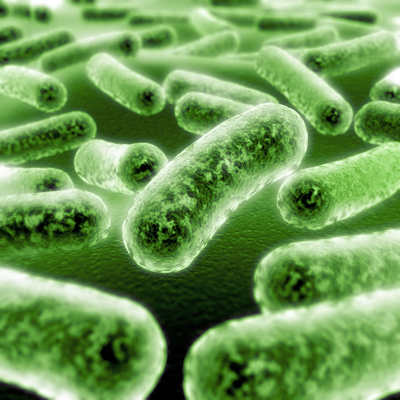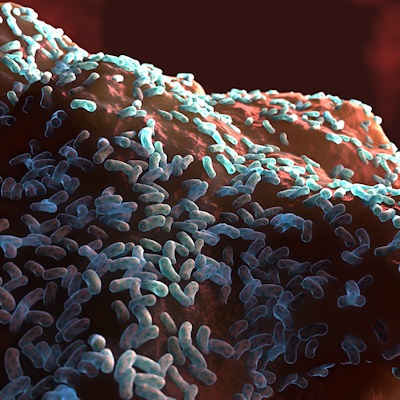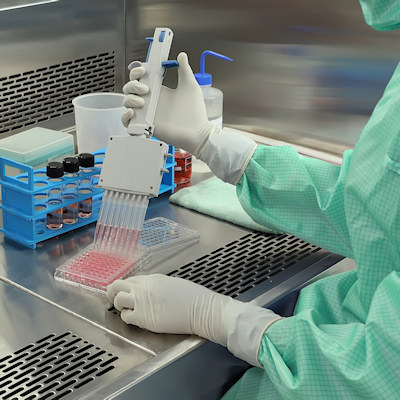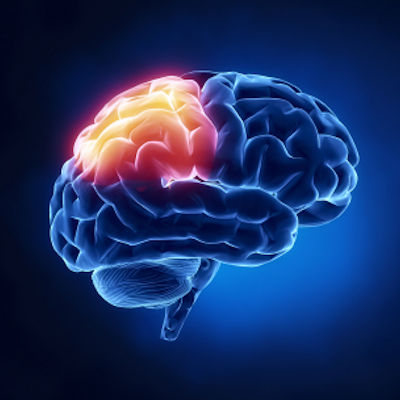 Scientists use bacteria to build advanced synthetic cells with lifelike functionality
Scientists use bacteria to build advanced synthetic cells with lifelike functionality
Researchers have used bacteria to build complex synthetic cells using a living material assembly process, advancing efforts to create protocells that mimic the earliest stages and functionality of cellular life. Read More
 Stanford scientists create synthetic microbiome
Stanford scientists create synthetic microbiome
Stanford University researchers built a complex and well-defined synthetic microbiome with 100 bacterial species that they successfully transplanted into mice. The creation of the synthetic microbiome means the scientists will be able to add, remove, and edit individual species so they may better comprehend the links between gut microbiome and health. Read More
 Lipid in cell membrane of gut bacterium linked to effects on immunity
Lipid in cell membrane of gut bacterium linked to effects on immunity
Researchers have found a lipid in the cell membrane of Akkermansia muciniphila that is responsible for the effect of a gut-resident bacterium on immune processes, with the potential to develop drugs that fight disease by piggybacking on the molecular mechanism. Read More
 Scientists discover biomarkers associated with acute, chronic phases of TBI
Scientists discover biomarkers associated with acute, chronic phases of TBI
Arizona State University scientists have provided some of the first detailed view of the molecular and cellular mechanisms behind traumatic brain injury (TBI) as the condition progresses from the acute to the chronic phase. Read More
Conferences
Science Briefs
Member Rewards
Earn points for contributing to market research. Redeem your points for merchandise, travel, or even to help your favorite charity.
Research Topics
Interact with an engaged, global community of your peers who come together to discuss their work and opportunities.
Connect
Tweets by @ScienceBoard






